International Safe Abortion Day 2022: West African health workers show their support
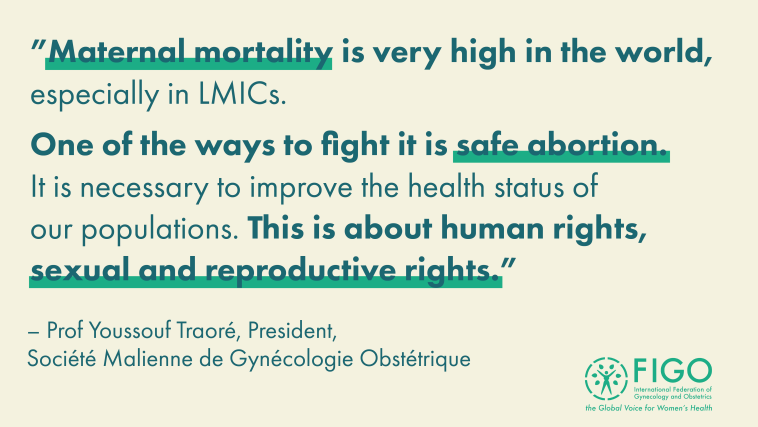
To mark International Safe Abortion Day (ISAD) 2022, FIGO interviewed member societies who have partnered with us to implement the Advocating for Safe Abortion Project. They shared details of their ISAD activities and why it is important for health care professionals to advocate for access to safe abortion care.
Celebrating ISAD 2022: activities in West Africa
West African member societies are utilising ISAD to strengthen awareness on the right of women and girls to access safe and legal abortion care in their countries. They are engaging relevant stakeholders such as health care providers, local authorities and relevant civil society organisation through educational campaigns.
The Société de Gynecologie et d'Obstétrique de Côte d'Ivoire (SOGOCI) is using radio broadcasts as a focal point of its ISAD campaign. The campaign will share several key messages, highlighting that the decision to seek an abortion belongs to women and girls; deepening understanding that access to safe abortion is protected as a right in the legal framework in Côte d’Ivoire; and addressing abortion-related stigma by supporting health workers who may currently not feel safe to provide this essential care.
In Benin, following the legal amendment to the Sexual Health and Reproduction 2003 Law in October 2021 that expanded abortion access, the Collège National des Gynécologues Obstétriciens du Bénin (CNGOB) is concentrating its ISAD campaign on “informing as many people as possible and clarifying the new legal context on sexual and reproductive health, including safe abortion,” said Dr Raphaël Totongnon, ASAP coordinator for CNGOB. This will include sharing information with the public on where they can access safe abortion services.
The Société Malienne de Gynécologie Obstétrique (SOMAGO), ahead of 28 September, has hosted educational sessions on safe abortion in community and health centres, where OBGYNs will assess to women on their rights pertaining to abortion. On ISAD, SOMAGO is organising a conference with a high school. This discussion features obstetricians and gynaecologists talking about the consequences and complications of unsafe abortions and the importance of safe abortion care, while also providing an opportunity for young people to ask questions about this issue.
The Society of Gynecologists and Obstetricians of Cameroon (SOGOC) is organising a media campaign (on radio, TV and print) where their members and executive team discuss safe abortion in Cameroon. The campaign is sharing details on the right to legal abortion and the consequences of unsafe abortion. SOGOC is working in collaboration with journalists on the importance of using clinical evidence and language that is not stigmatising in its storytelling to report on abortion.
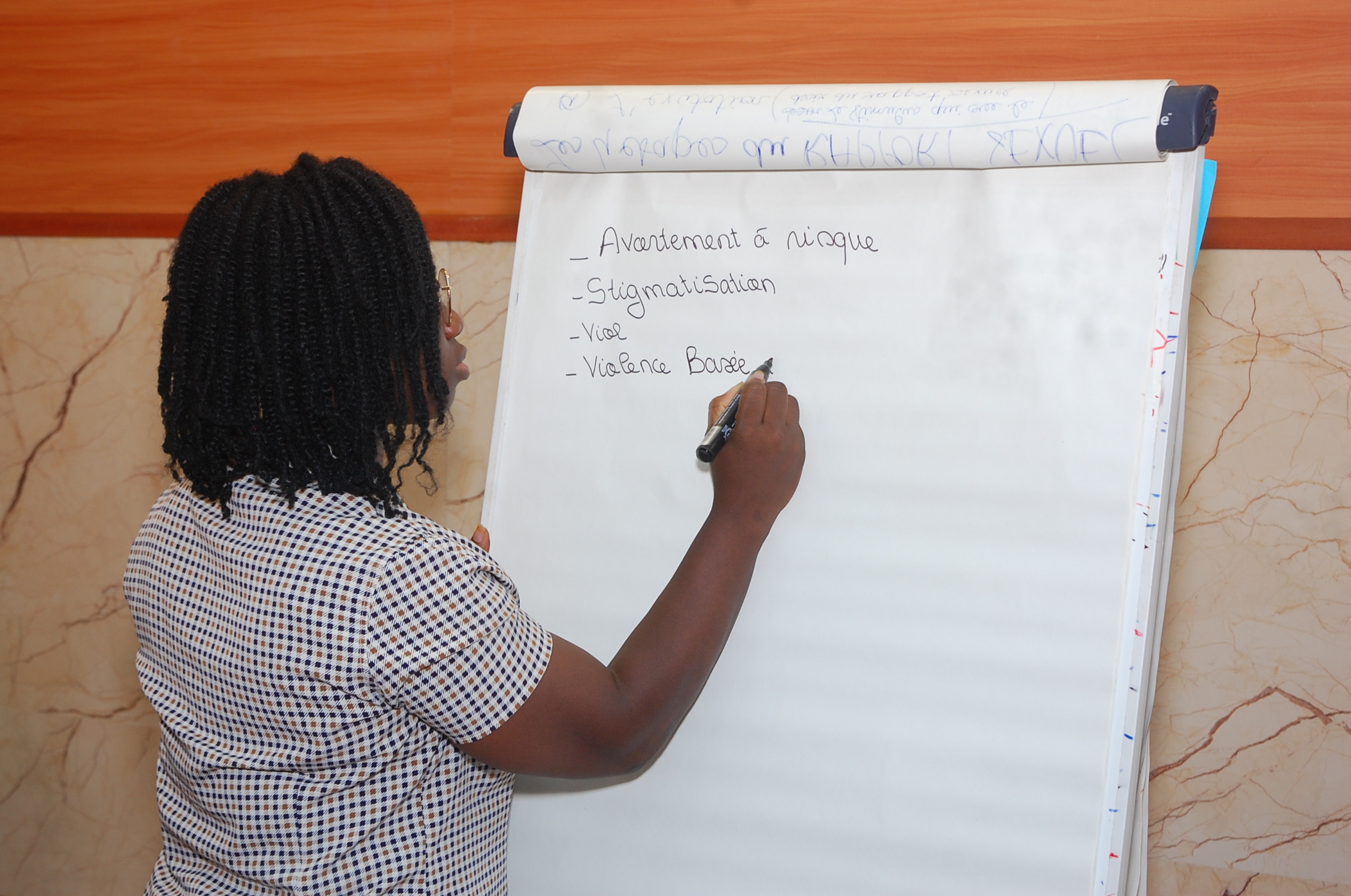
Engaging hearts and minds: from legal change to implementation
Learning from the successful advocacy carried out by the CNGOB to change the law in Benin last year, Dr Totongnon underlines the vital importance of “staying mobilised” and working with parliamentarians “to be able to touch their hearts and explain to them the extent of the phenomenon of clandestine abortion and the devastation that it brings.”
Last year, we joined the Beninese Network of Deputies for Population and Development, made up of 25 parliamentarians, to address our Parliament with technical arguments and statistics on abortion.
All of these efforts helped to speed up the process and give confidence to the parliamentarians, even those who were reluctant, leading to the law change being voted in unanimously by Parliament.
– Dr Raphaël Totongnon, Collège National des Gynécologues Obstétriciens du Bénin
OBGYN member societies in the West Africa region take inspiration from the successful advocacy of their Beninese OBGYBN colleagues.
“There are strategic ideas that need to be proposed to [our] parliament to move things forward. We can see examples of this working, particularly in Benin.” Dr Eliane Abhe, Secretary, SOGOCI.
Professor Robert Leke, SOGOC President, underlines the importance of forming networks of like-minded people to advocate for safe abortion at both the community and government level.
We are working with various ministries, looking at our legal code and we are trying to negotiate, advocate and propose improvements to the legal code as it currently exists. We aim to harmonise our code here in Cameroon with the Maputo Protocol, which the government has already ratified.
Similarly, Mali has seen successes in meetings with the national health office, where they have used their clinical evidence and data to call for national laws to prioritise reproductive health outcomes, which includes addressing barriers to accessing safe abortion.
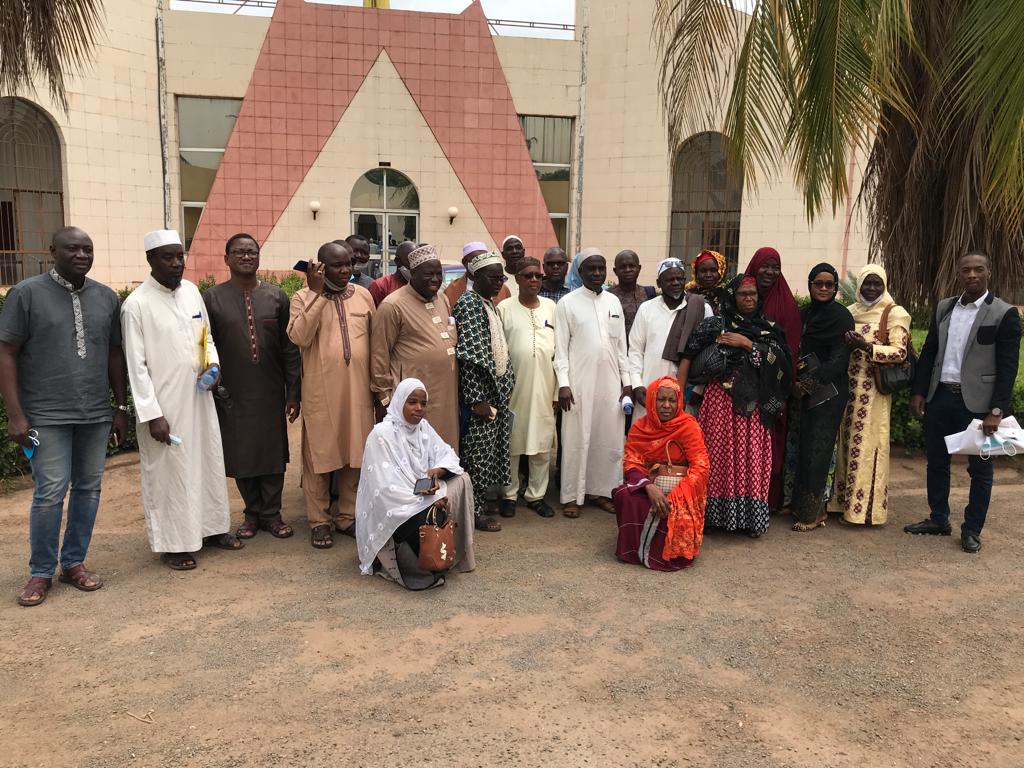
Harmonising strategies to strengthen health system delivery
You have to do institutional advocacy with policy makers, community advocacy focusing on people who are culturally and religiously influential and advocacy with health care providers. We need to clarify the values of health workers, because even though abortion is allowed under certain legal conditions, we have health providers who often refuse to perform it.
– Professor Youssouf Traoré, President, Société Malienne de Gynécologie Obstétrique
Dr Abhe echoes this sentiment, highlighting that “we must continue with training for comprehensive sexuality education, especially for health care providers. It is really needed in Côte d'Ivoire.”
Professor Leke acknowledges that key reasons behind abortions remaining unsafe in Cameroon are that “they are done by people who are not trained – they are doing them in unsafe environments and they don't have the right equipment to do it.”
[Our training] highlight[s] that if a woman is eligible, then the abortion should be done in time, because at the moment, women still have to go through many hurdles that cause delays. More often than not, when a woman has gone through the medical examination and gone through the legal department, it has become too late to perform the abortion, even if she was eligible.
– Prof Robert Leke, President, Society of Gynecologists and Obstetricians of Cameroon
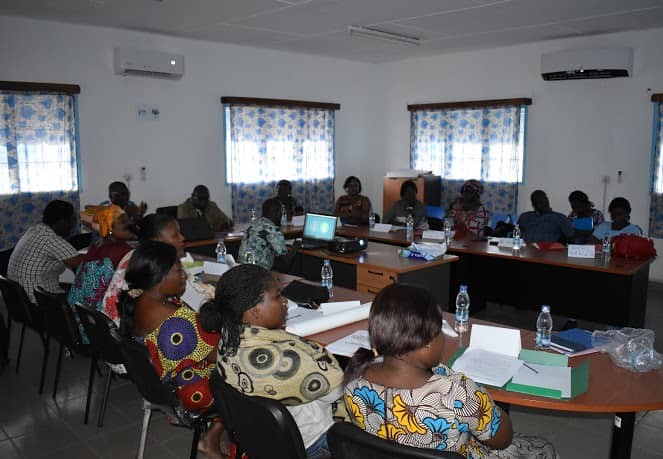
Fighting abortion-related stigma to promote women and girls’ bodily autonomy
In addition to working with health care professionals, member societies prioritised reaching communities directly to ensure the public has an understanding of sexual and reproductive health and rights. CNOGB have worked closely with medical centres to strengthen community awareness of their services, and they are now also prioritising the needs of high school and university students.
Lack of information is a major obstacle. People do not always know that sexual and reproductive health care services are nearby and they are not aware of the existence of family planning methods. The public does not always know their rights. We improve people’s knowledge on the use of contraceptive methods, but also on the existence of family planning centres.
– Dr Raphaël Totongnon
Beyond the need for improving knowledge, cultural taboos and religious stigma remain key barriers to abortion care.
SOMAGO set up a network for safe abortion in a rural area of Mali with a population that is very attached to cultural taboos. We were able to bring together young leaders, and we have brought them on board [to discuss] issues related to abortion. That has been a huge success for us – to be able to change minds and bring knowledge [on this issue].
– Félix Diakité, Project Coordinator, Société Malienne de Gynécologie Obstétrique
Due to its credible evidence and first-hand insights, SOMAGO is recognised by the Malian government as a critical actor in all issues related to reproductive health.
Despite religious opposition to expanding access to abortion care, Dr Abhe from SOCOGI stressed that “while they will not change their minds overnight,” it is essential to work with religious leaders to promote changes in attitudes. For Dr Abhe, getting communities on board is essential to fighting stigma, but ultimately, it is women and girls who, above all else, need to be given the ability to make decisions about their lives.
We are fighting for safe abortion to be an [accessible] right for girls and women in this country, taking into account the hearts and minds of everyone, but the decision belongs to the people. The decision belongs to the women and the girls and it has to be really informed by the scientific evidence.
– Dr Eliane Abhe, Secretary, Société de Gynecologie et d'Obstétrique de Côte d'Ivoire
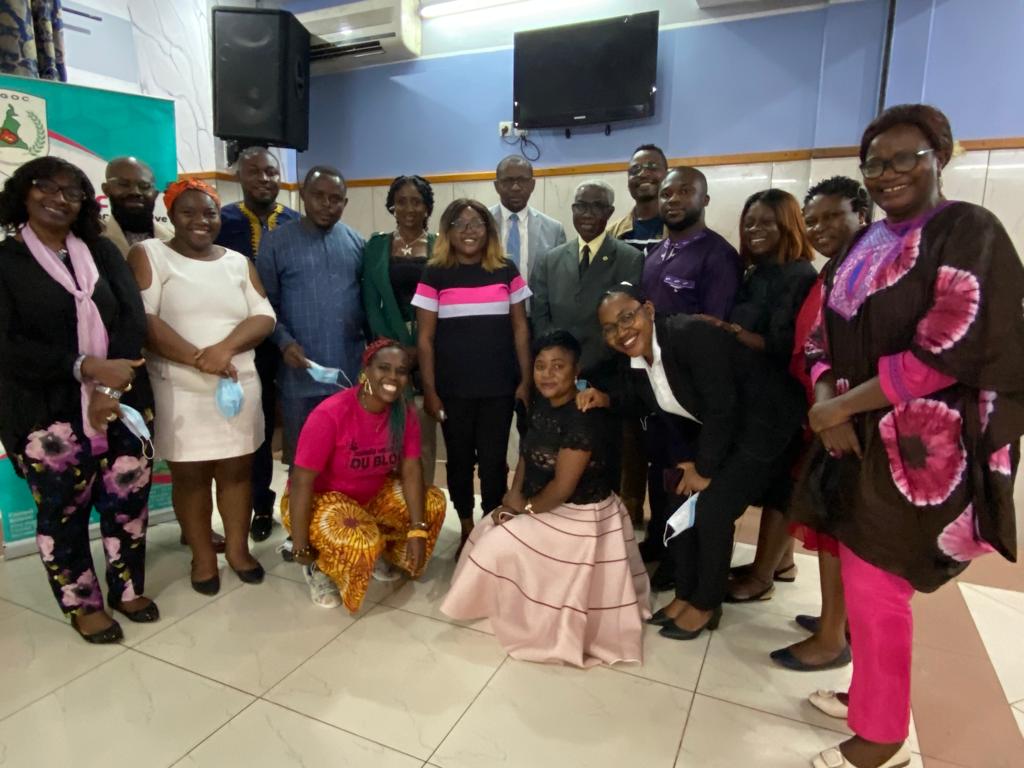
Liberalising access to safe abortion links to achieving Sustainable Development Goals
The impact of the COVID-19 pandemic has further exacerbated the challenges faced by women and girls to access their sexual and reproductive health and rights – up to 12 million women had their contraceptive use disrupted which resulted in 1.4 million unintended pregnancies across 115 low- and middle-income countries during 2020 alone. Now is the time for governments to take urgent and bold steps to strengthen access to safe abortion, if SDGs 3 and 5 are to be met.
The message I want to convey is that maternal mortality is very high in the world, especially in developing countries. And one of the ways to fight it today is safe abortion. This has to be a reality to improve the health status of our populations. Ultimately, this is about human rights, sexual and reproductive rights.
– Prof Youssouf Traoré, President, Société Malienne de Gynécologie Obstétrique